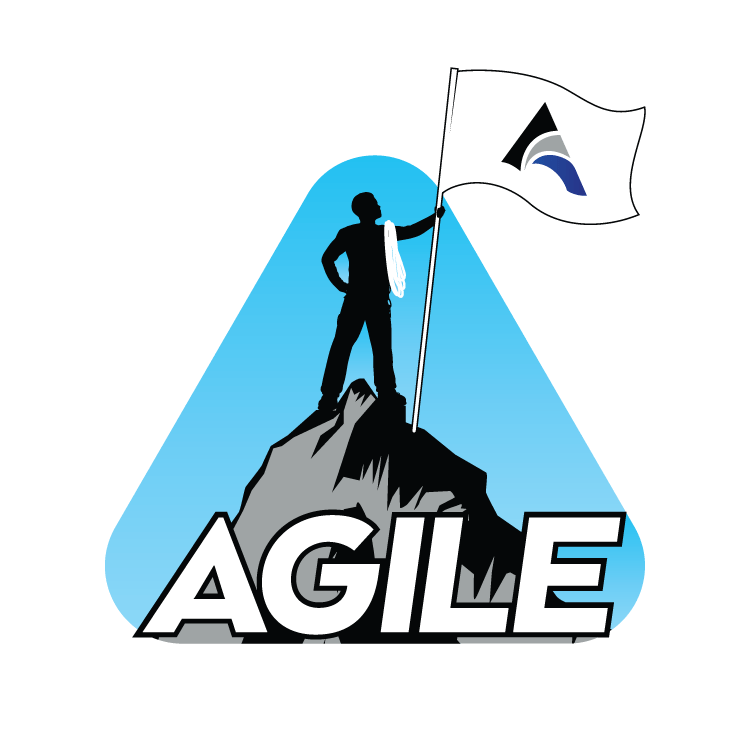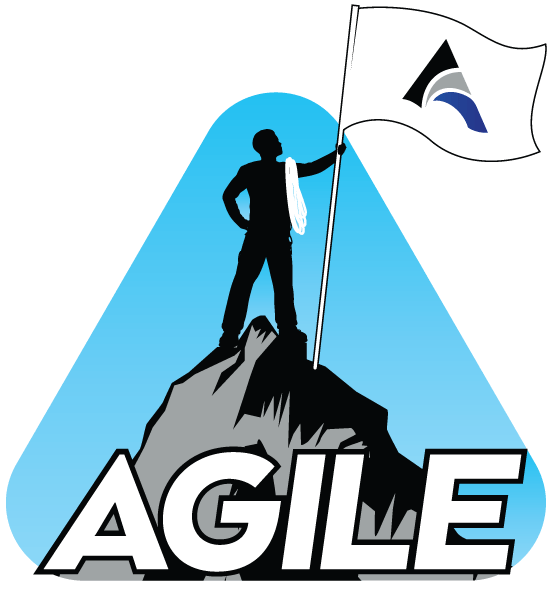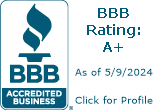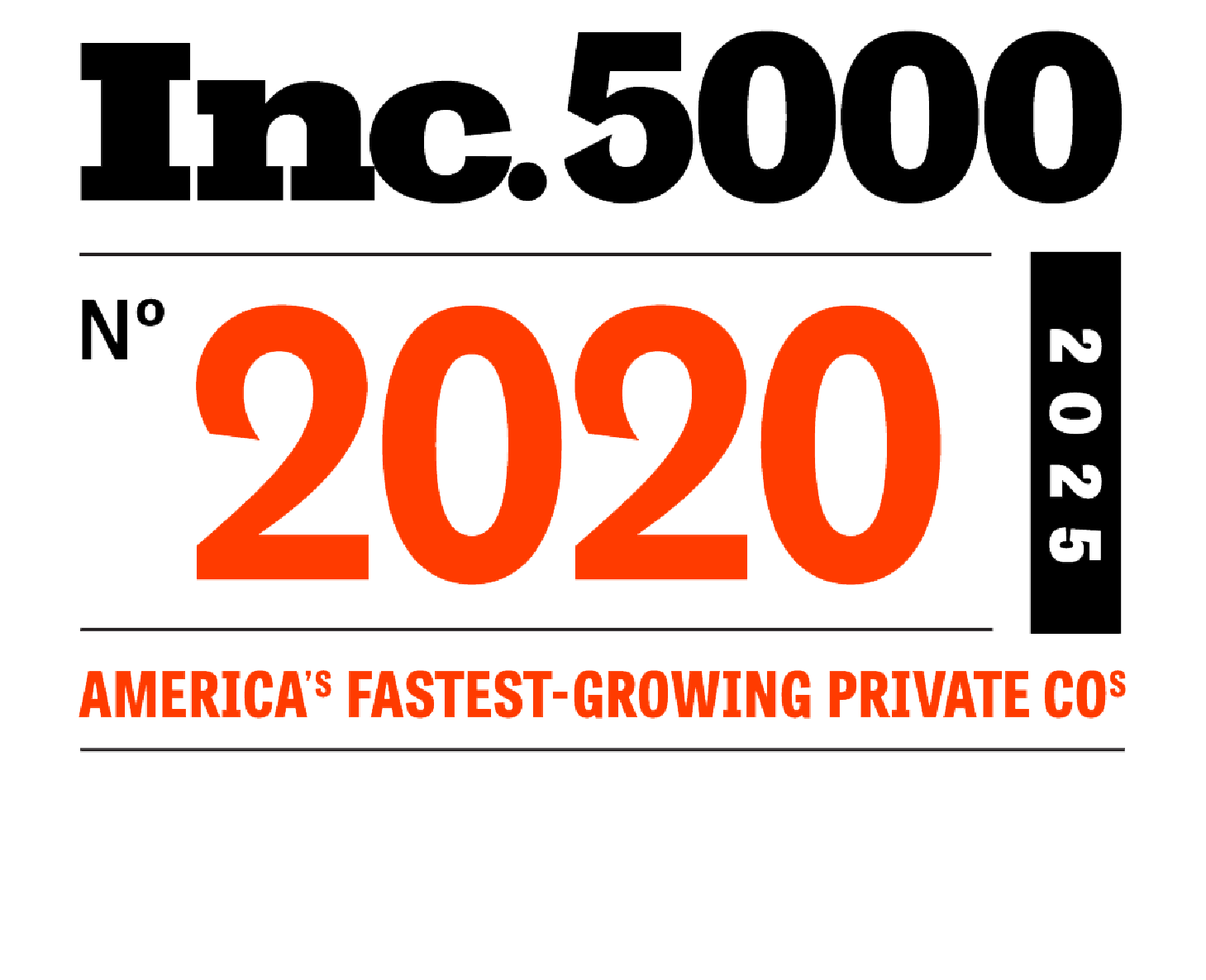Michigan Sales Tax on Software and Digital Products
Michigan applies nuanced sales and use tax rules to software, digital products, and related services. These rules vary based on how the product is delivered, the nature of use (permanent vs. temporary), and whether the purchaser is a business or individual. While many cloud-based and custom solutions are non-taxable, downloaded or locally installed software, hardware, and certain bundled services may create tax liability.
Understanding these distinctions is critical for businesses operating in or selling to customers in Michigan. Failure to correctly classify software or structure contracts can lead to over-collection, underpayment, or audit risk.
This guide outlines Michigan’s treatment of software, cloud services, and digital products to give finance and tax teams a clear path to compliance and cost control.
Page - Table of Contents
Taxability of Software in Michigan
- Prewritten Software
- Custom Software
Cloud-Based Services in Michigan
- Software as a Service (SaaS)
- Platform as a Service (PaaS)
Implementation & Installation Services
- Onsite
- Remote - Live
- Remote - Pre-recorded
- Optional
- Mandatory
Exemptions and Special Considerations in Michigan
Compliance Tips for Businesses

Taxability of Software in Michigan
Michigan categorizes software as either prewritten or custom and assesses taxability based on delivery and use rights.
Prewritten Software
In Michigan, prewritten (also referred to as "canned") software is taxable when it is delivered through physical media or downloaded in full, and the purchaser receives the right to permanent use. These transactions are considered the transfer of tangible personal property and fall squarely within the state’s taxable scope. However, prewritten software accessed remotely, such as through a cloud-based or hosted environment, is not subject to sales tax because there is no transfer of tangible property.
Custom Software
Custom software is generally exempt from Michigan sales tax when it is developed to meet a specific client’s individual needs or involves significant modifications to existing prewritten code. To qualify for the exemption, the customization must go beyond basic configuration or superficial branding changes. Minimal adjustments do not meet Michigan’s threshold for exemption and could result in taxability if not properly documented.
Cloud-Based Services in Michigan
Cloud-based software and service delivery models have become the dominant standard across many industries. Michigan's tax rules reflect this shift by generally excluding these technologies from sales and use tax, as long as no tangible personal property is transferred.
Software as a Service (SaaS)
SaaS is not taxable in Michigan. If the software is hosted remotely, accessed through a web interface, and the user does not download or exercise control over the source code, it is classified as a non-taxable service. This interpretation is supported by Michigan Revenue Administrative Bulletin No. 2023-10.
Platform as a Service (PaaS)
PaaS is also non-taxable under the same framework. As long as users access the platform remotely and do not receive a delivered or downloadable version of the software, PaaS remains exempt from
Michigan sales and use tax.

Hardware & Tangible Items
Hardware is considered tangible personal property in Michigan and is therefore taxable when sold at retail. This includes commonly purchased IT assets such as servers, laptops, workstations, and networking peripherals. These items are generally subject to sales tax unless they qualify for a specific exemption, such as the industrial processing exemption available for manufacturing use.
Implementation & Installation Services
Implementation and installation charges can create sales tax obligations depending on how the software is delivered. Michigan distinguishes between installed software and cloud-hosted platforms when determining taxability:
- Taxable when services are tied to downloaded or locally installed software
- Non-taxable when services are provided in connection with hosted or cloud-based software that is not delivered to the user's device

Training Services
Training charges are treated differently based on delivery method:
Onsite
Onsite training is taxable when it is bundled with the sale of prewritten (canned) software. However, when the training is related to exempt custom software and the charges are separately stated on the invoice, it is not taxable.
Remote - Live
Live remote training provided in connection with custom software is also non-taxable. As long as the service does not involve the transfer of tangible personal property and supports a custom solution, it remains exempt.
Remote - Pre-recorded
Pre-recorded training modules are generally non-taxable when tied to custom software. Digital training content, whether accessed by individuals or businesses, is also exempt if it is not sold for permanent use.
Maintenance Agreements
Maintenance agreements can vary widely in tax treatment depending on whether they are optional or mandatory, and whether they pertain to custom or prewritten software. Michigan’s rules emphasize the underlying software type and the nature of the services provided.
Optional
Optional maintenance agreements tied to custom software are generally not taxable when they only include support services such as troubleshooting, technical assistance, or helpdesk access. However, if the agreement is associated with prewritten software and includes software updates or other tangible deliverables, it may be subject to sales tax.
Mandatory
Mandatory maintenance agreements follow a similar logic. When bundled with exempt custom software and focused primarily on service or support, these agreements are not taxable. On the other hand, if they are required as part of a prewritten software purchase and include the provision of updates or upgrades, they are considered taxable in Michigan. Proper documentation and clear invoicing are essential to ensure the correct tax treatment is applied.
Quick Glance - Michigan Sales & Use Tax Treatment for Software and Digital Products
Get the Michigan taxability table download here, for free.
| Item Service | Taxability | Notes & Legal Reference |
|---|---|---|
| Digital Audio Visual Works (nonpermanent use or with continued payment) | Non-Taxable | Digital audio visual works are not tangible personal property. Subscription-based or time-limited access is exempt. [Mich. Revenue Admin. Bull. No. 2023-10 (Department of Treas. July 31, 2023)] |
| Software as a Service (SaaS) | Non-Taxable | Access-only model; no local code delivery or control by user. [Michigan Revenue Administrative Bulletin No. 2023-10, 07/31/2023] |
| Platform as a Service (PaaS) | Non-Taxable | Hosted software with no user control over code is exempt. [Michigan Revenue Administrative Bulletin No. 2023-10, 07/31/2023] |
| Installation/Implementation | Taxable | Computer software downloaded in full to a user's device is considered delivered and is taxable as prewritten software. If the software is accessed remotely without being stored locally on the user's hardware, it is not considered delivered and is not taxable. [Michigan Revenue Administrative Bulletin No. 2023-10, 07/31/2023] |
| Hardware | Taxable | Computers are considered taxable tangible personal property when sold at retail. There are certain exemptions for computers used in manufacturing. [Mich. Comp. Laws sec. 205.52] |
| Onsite Training | Both | Taxable if canned software; non-taxable if custom. Training is part of the sales price when sold with canned software. [Mich. Comp. Laws sec. 205.51(1)(d)] |
| Live Remote Training | Non-Taxable | Not taxable when connected to exempt custom software and separately stated. [Mich. Comp. Laws sec. 205.51(1)(d)] |
| Pre-recorded Training | Non-Taxable | Not considered a taxable digital good under Indiana law. [Ind. Ltr. of Findings No. 04-20140684, May 27, 2015] |
| Mandatory Maintenance | Non-Taxable | Custom software maintenance contracts can only be considered a service and are exempt from tax. [Mich. Comp. Laws sec. 205.52] |
Exemptions and Special Considerations in Michigan
Michigan offers several targeted exemptions that can provide meaningful tax relief when software or hardware is used in specific business functions. Businesses should carefully assess eligibility and maintain supporting documentation.
- Industrial Processing Exemption: Applies to software or hardware used directly in manufacturing
- R&D Exemption: Software used in qualified research settings
- Resale Exemption: Software purchased for resale with valid certificate
Ensure all exemption claims are documented and supported.


Compliance Tips for Businesses
Navigating Michigan's software sales and use tax rules requires clear internal processes, documentation, and ongoing review. Businesses can reduce audit exposure and overpayment by implementing these best practices:
- Accurately classify all software transactions based on delivery method and customization
- Break out installation, support, and training on invoices to preserve exemption treatment
- Maintain current and properly executed exemption certificates for qualifying transactions
- Regularly review Michigan Department of Treasury bulletins and published administrative guidance
Evaluate contracts and pricing models for bundled charges that may inadvertently trigger tax.
Key Takeaways
Most software and digital services are not subject to Michigan sales tax, including SaaS, PaaS, and other cloud-based platforms, as long as there is no transfer of tangible personal property. The key factor is delivery method. Remote access models typically fall outside the tax base.
Prewritten software is taxable only when delivered by download or physical media and granted for permanent use. Conversely, custom software is generally exempt, especially when developed to meet a client’s specific needs and when implementation, training, or support services are clearly separated on the invoice.
Maintenance agreements are treated based on their structure. If an agreement is mandatory and bundled with taxable prewritten software that includes updates or enhancements, it is taxable. Optional support-only agreements are exempt. Digital goods such as e-books, audio files, or streaming content are not taxed even if the purchaser receives them permanently, provided they are not delivered on tangible media.
To remain compliant and reduce audit exposure, businesses should ensure clarity on invoices, properly classify software types, and track exemption certificates. Keeping up with updates from the Michigan Department of Treasury is equally important. With careful structuring and documentation, Michigan’s rules allow companies to operate with tax efficiency while preserving eligibility for key exemptions.
Need Help Navigating Michigan’s Software and SaaS Sales Tax Rules?
Agile Consulting Group helps businesses simplify software and SaaS sales tax compliance in Michigan. From product taxability to exemption use and invoicing strategy, we make sure you're aligned with state rules and ready for audit defense.



